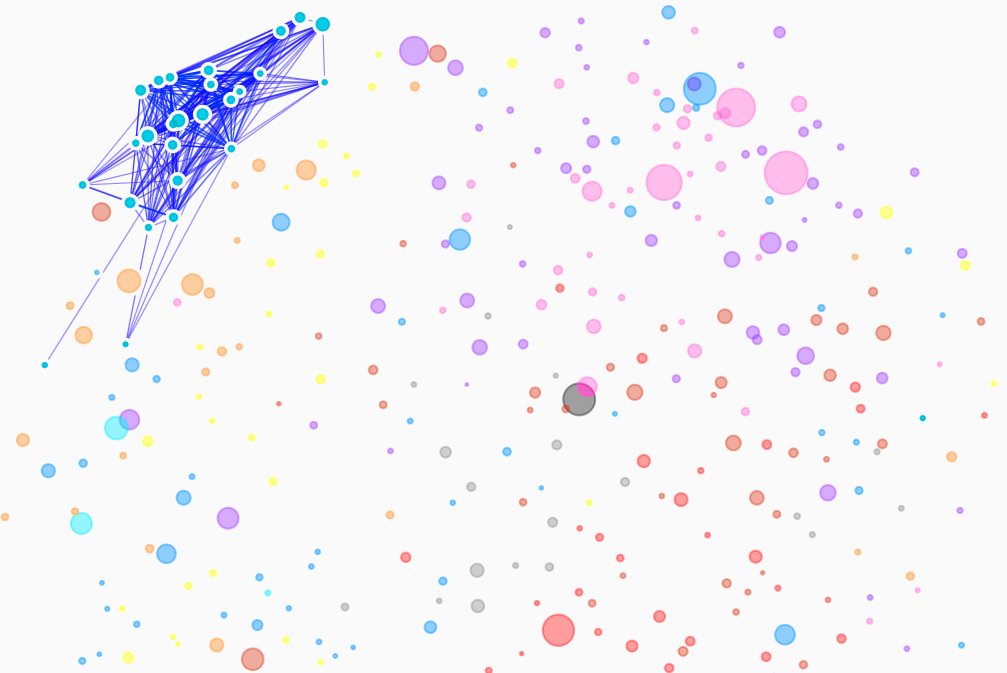Applications, Infrastructures, Interfaces
Applications, infrastructures, interfaces
Our research investigates interfaces, applications and infrastructures in several different ways – as historically specific systems of communication and control, as materialised methods and as cultural languages or vernaculars.
Not limiting design to beauty, functionality and efficiency, our research aims to expand understandings of interfaces to include sense and perception, embodiment, forms of cognition, modes of organisation, gesture and performativity. In pursuing this understanding, our research covers areas as diverse as identity and personalisation, platform economics and digital governance to logistics and digital labour, environmental costs and impact, alternative infrastructures and media activism.
Applications and infrastructures raise broad questions of power, ownership, inequality and marginalisation, applications and infrastructures also bring new possibilities for intervention, participation and engagement. We consider politics as not only concerned with the regulation of infrastructures, but as denoting possibilities for contestation, the formulation of alternatives and the potential for change. Committed to investigating applications in diverse contexts, such as economic valorisation, daily use and environmental activism, we critically analyse how different binaries intersect in interfaces – surface and depth, interior and exterior, transparency and obfuscation, abstraction and reality. In doing so, our aim is to contribute to the development of both practical and reflexive understandings of interfaces.
Projects
- 'Meme theory'
- The media of personalisation
Publications & other outputs
[TO FOLLOW]
Staff associated with this theme: Nerea Calvillo, Michael Castelle, Michael Dieter, Matt Spencer, Nathaniel Tkacz, Karol Kurnicki, Scott Wark

